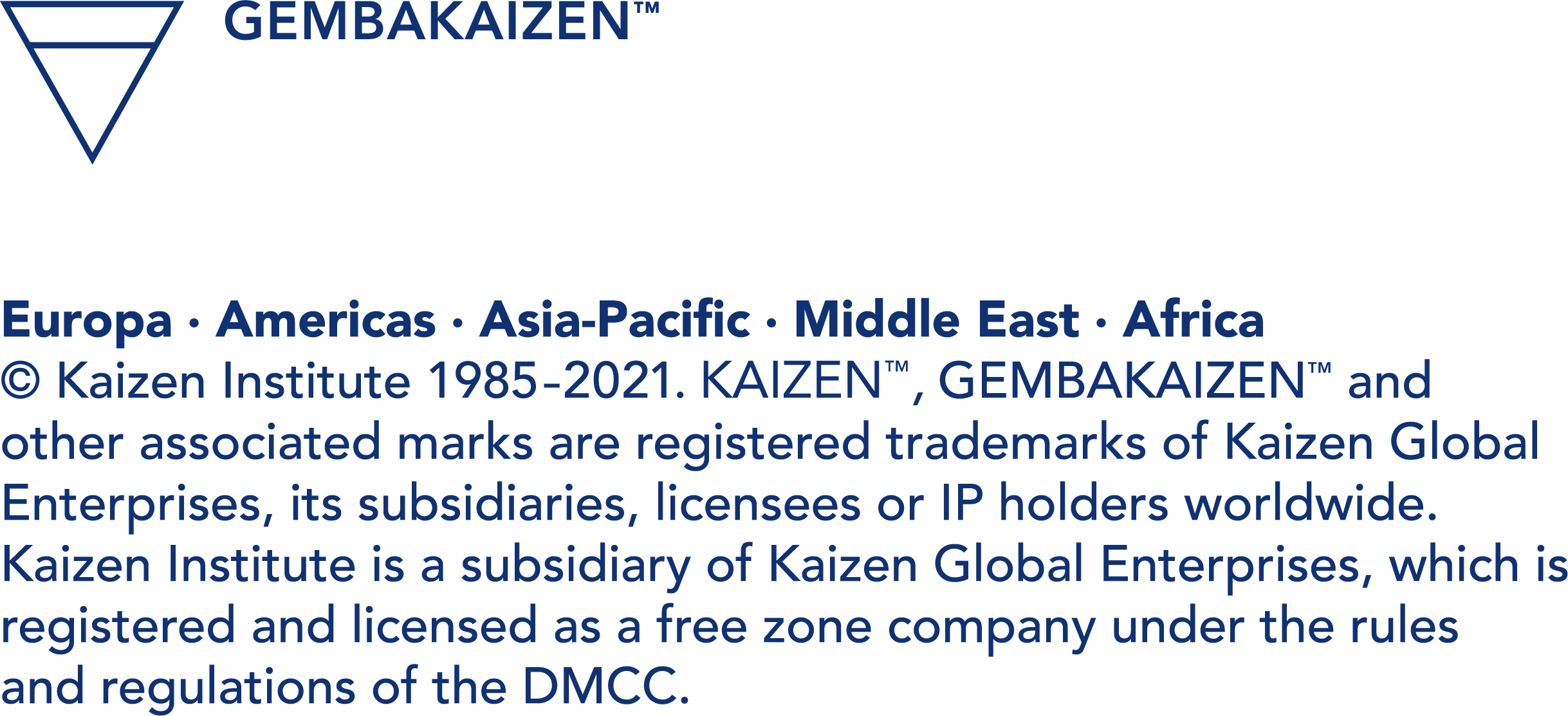The value methodology (also called value engineering, value analysis or value management) is a powerful problem-solving tool that can reduce costs while maintaining or improving performance and quality requirements. It is a function-oriented, systematic team approach to providing value in a product or service.
The value methodology helps organizations compete more effectively in local, national and international markets by:
Benefits of using the value methodology:
– Decreasing costs
– Increasing profits
– Improving quality
– Expanding market share
– Saving time
– Solving problems
– Using resources more effectively
If applied judiciously Value methodology easily produces savings of 30 percent of the estimated cost for manufacturing a product, constructing a project or providing a service. The return on investment that public and private organizations derive from implementing VM programs averages 10 to 1. That is, for every dollar invested in a VM study – including participants’ time and implementation costs – $10 in net savings results.
VM applications:
Value methodology can increase customer satisfaction and add value to an organization’s investment in any business or economic setting. Value practitioners apply the value methodology to products and services in industries such as the following: corporations and manufacturing, construction, transportation, government, health care and environmental engineering.
Value methodology vs. other business processes:
Since value methodology’s invention in the 1940s, several other management approaches have caught the eye of business leaders: total quality management, quality function deployment, project management, concurrent engineering, re-engineering, benchmarking. The value methodology lends itself to use with other approaches, and its combined strengths – customer needs, teamwork, creativity and a rigorous system approach – rise above the strengths of other processes.
How does the value methodology work?
The value methodology works through a VM study that brings together a multidisciplinary team of people who own the problem and have the expertise to identify and solve it. A VM study team works under the direction of a facilitator who follows an established set of procedures – the VM job plan – to review the project, making sure the team understands customer requirements and develops a cost-effective solution.
The VM job plan includes pre-study and post-study phases, as well as the value study itself, which is composed of six phases:
1.Information
2.Function analysis
3.Creative
4.Evaluation
6.Recommendation
7.Implementation
Value methodology delivers increased value and profits:
Companies around the world have saved billions of dollars with the value methodology (also called value engineering, value analysis or value management). Value methodology easily produces savings of 30 percent of the estimated cost for manufacturing a product or providing a service.
What business managers have to say about Value Engineering:
“I am continually amazed by the impressive array of value proposals and recommendations that are developed when value methodology is applied to any and all programs, processes or projects. There is no limit to the utilization of the value methodology and no limit to the benefits that can be achieved.”
Kurt Gernerd
U.S. Department of the Interior
SAVE International Vice President-Government
“The first documented use of the value methodology in General Motors was in 1960. It is obvious that this technique has stood the test of time, but why not? One cannot argue that providing customer value and saving hundreds of millions of dollars at the same time is extremely worthwhile.”
Jim Rains, General Motors Corp.
SAVE International President
“DuPont’s senior management is committed to VE, and so we’ve formally used VE on over 300 projects for improving our new and existing chemical processes. VE has saved 10 percent to 12 percent of the investment for all these projects combined, and has elevated us to best in class for project cost, as measured in industry benchmarking analyses.”
Michael Cook, DuPont Co.
SAVE International Vice President-Education
“The value analysis process has been integrated into our time-to-market process, Xerox’s product-delivery process. VA enables Xerox product programs to meet or beat their customer requirements at the lowest total life cycle cost, and optimizes organizational and process productivity and effectiveness.”
Harry Rosenfeld, Xerox Corp.
“Arthur Andersen definitely sees that the use of VE as part of an overall target-costing process will be critical to suppliers to remain profitable under the pricing pressure and year-to-year cost reduction requires by the vehicle manufacturers. If suppliers wait until production to begin cost reduction, they will not be able to achieve the required cost targets.”
Eoin Comerford, Arthur Andersen
Who Uses Value Engineering ?
A wide spectrum of businesses and industries – from automakers to zipper manufacturers – employ the value methodology to yield a high return on investment while maintaining the quality and performance of products, processes or services.
The following companies, which appear on Fortune magazine’s “Global 500″ list of the largest companies in the world, employ the value methodology:
Boeing
BP Amoco
DuPont Co.
Fiat
General Electric
General Motors Corp.
Hewlett-Packard
Kmart Corp.
Lockheed Martin
Mitsubishi
Motorola
Nissan Motor
Northern Telecom
Royal Dutch/Shell Group
Toyota
TRW
United Technologies Corporation
Volkswagen
Xerox Corp.
Value Engineering is simple, yet effective.












